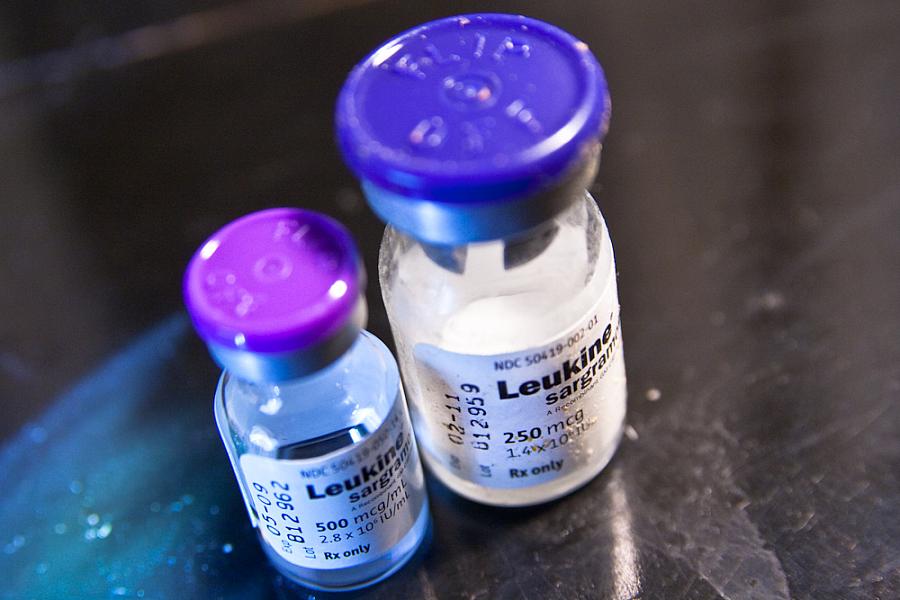How Can We Afford It? Six Tips for Reporting on Cancer Treatment Costs

In the war on cancer, the price of progress is, for too many patients, the sheer unaffordability of medicines that could save their lives. On Mon., Reuters' Debra Sherman, a California Health Journalism Fellow, reported on the impact of the rising costs of cancer treatment, noting:
Cancer patients are abandoning medical care because the costs are simply too high and medical bills -- even among the insured -- are unmanageable and put patients at a greater risk of bankruptcy, studies show.
Cancer is one of the most costly diseases to treat, largely because many patients are treated over a long term, often with expensive new drugs that are complicated to produce and not available in generic form. As insurance companies cut all benefits, reimbursements on cancer treatments have also declined.
While Sherman focused on research coming of this week's ASCO conference in Chicago, a little legwork can deliver compelling stories about how cancer treatment costs are affecting patients in your community, whether they're insured or not. Here are some tips and resources to jump-start your reporting.
1. Know the context. Concern over the cost of cancer treatments is nothing new. In 2004, Robert Bazell reported on why new cancer treatments are so expensive for Slate. Yet some of the prices for the more recent advances truly are astonishing, especially when you consider that they prolong some patients' lives by only a few months. And the costs overall continue to rise. According to this Medco Health Solutions report on drug trends, as cancer becomes less of a death sentence than a chronic disease to be managed among a fast-growing population of seniors, cancer treatment costs could rise from $125 billion nationwide in 2010 to $207 billion by 2020. This 2007 report from the National Cancer Institute lists average Medicare costs-per-patient of treating different cancers
2. Check in with patient forums and support groups, online and off. Nearly every hospital and many major medical groups have cancer support groups. The American Cancer Society offers help for connecting with local patient groups, and its Cancer Survivors Network is a good place to connect online with patients trying to manage their health care costs.
3. Contact patient advocacy and medical billing review organizations. These organizations advocate on behalf of patients facing large and complex medical bills, in some cases finding overbilling or errors that add to costs. They can help you identify and interview local cancer patients facing high bills. Health Advocate, Health Proponent, RN Patient Advocates, AdvoConnection, My Nurse First and Patient Advocate Foundation are some to try.
4. How are doctors modifying treatments to help patients with their costs? In 2002, I reported that some oncologists were encouraging their Medicare patients to check into a hospital to receive traditionally outpatient chemotherapy treatments for which their Medicare HMO had suddenly and dramatically raised copayments. That's an unnecessarily expensive option that Medicare pays for, but that raises overall costs for taxpayers. Other doctors asked their cancer patients to come in more frequently for lower-dose injections, which is stressful for frail patients.
5. How are patients themselves coping with cancer treatment costs? Uncovered costs can top $700 per month for insured patients, according to a new study (hat tip to Dr. Stephen Meyers of the MedSavings Blog for the link). Check in with your local Agency on Aging or, in California, the local office of the HICAP health counseling program for seniors on Medicare to connect with local seniors who may be experiencing problems paying for medications.
6. Provide resources for patients. The American Cancer Society offers a good overview for managing cancer costs here, and Caring4Cancer also offers resources here.
Photo credit: Steven Depolo via Flickr

